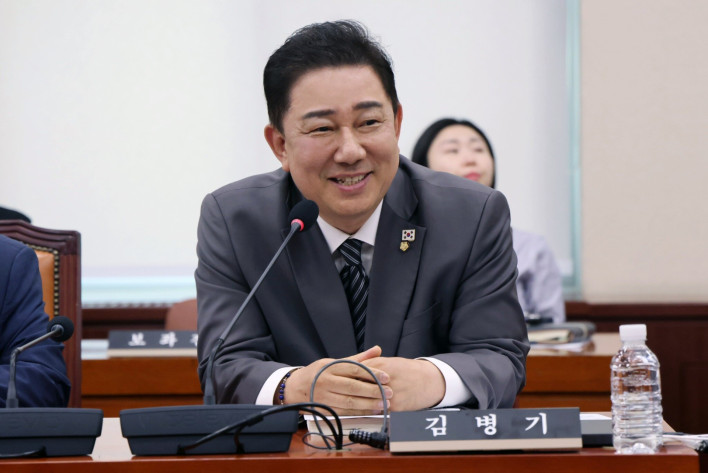The Democratic Party of Korea has reintroduced a bill aimed at amending the Game Industry Promotion Act, with a focus on banning the “complete gacha” system. This legislative effort, led by floor leader Rep. Kim Byung-kee, seeks to prohibit game companies from manipulating the odds of chance-based items without user knowledge.
Key Provisions of the Bill
Central to the proposed amendment is the ban on the complete gacha mechanic. This system requires players to collect a full set of random items to obtain new, rare items, potentially fostering gambling-like behavior. Further, the bill stipulates that developers must not alter drop rates without clearly informing users. To ensure compliance, the Minister of Culture, Sports and Tourism will be empowered to investigate discrepancies regarding disclosed probability data.
The legislation also mandates that companies provide players with detailed information about consumer protection measures. This includes options for exchanges or refunds for secondary content acquired through in-game currency. Additionally, a compensation framework will be established for instances where a live service is discontinued.
Legislative Context and Rationale
Rep. Kim has highlighted that existing legislation lacks effective sanctions against companies violating disclosure rules. He believes that without restrictions on practices like odds manipulation, the gaming environment could encourage harmful behaviors. The proposed amendment aims to foster healthier gaming practices while protecting the rights of consumers who invest in premium content.
This initiative is not unprecedented; a similar bill was introduced by Rep. Yoo Dong-soo during the previous National Assembly session. However, that proposal expired at the end of the legislative term. At that time, the Culture, Sports and Tourism Committee suggested that a ban on complete gacha would only be justified if its risks were deemed comparable to those associated with gambling products. They indicated that thorough surveys and empirical studies would be necessary to support such a claim.
The Ministry of Culture, Sports and Tourism has expressed a cautious approach to this issue. It has warned that a blanket prohibition on game companies’ business models should be carefully considered. The ministry advocates for guiding consumer choice through transparent information rather than implementing outright bans.
As the discussion surrounding the gacha gaming system continues, the Democratic Party’s reintroduction of this bill reflects ongoing concerns about consumer protection in the gaming industry. The outcome of this legislative effort could have significant implications for how game companies operate in South Korea, potentially influencing gaming practices and consumer rights on a broader scale.






































































